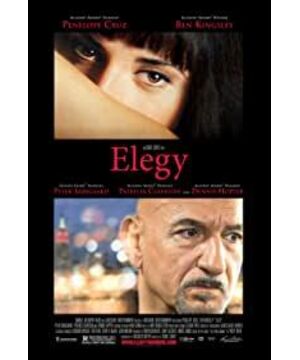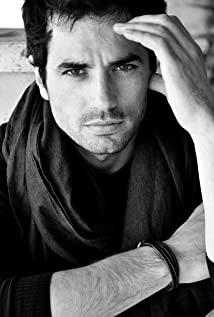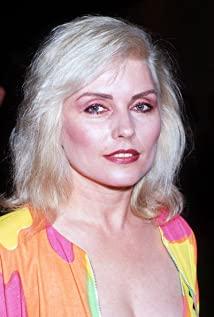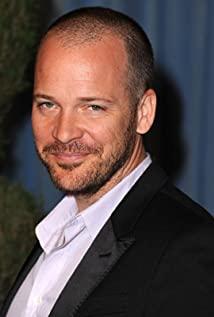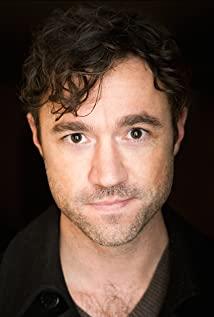David Kepesh:
[interview on the Charlie Rose show]
We're not all descended from the Puritans.
Charlie Rose:
No?
David Kepesh:
There was another colony 30 miles from Plymouth, it's not on the maps today. Marymount it was called.
Charlie Rose:
Yeah, alright, you mention in your book...
David Kepesh:
The colony where anything goes, went.
Charlie Rose:
There was booze...
David Kepesh:
here was booze. There was fornication. There was music. There was... they even ah, ah, ah, you name it, you name it. They even danced around the maypole once a month, wearing masks, worshiping god knows what, Whites and Indians together, all going for broke...
Charlie Rose:
Who was responsible for all of this?
David Kepesh:
A character by the name of Thomas Morton.
Charlie Rose:
Aah, the "Hugh Hefner" of the Puritans.
David Kepesh:
You could say that. I'm going to read you a quote of what the Puritans thought of Morton's followers: 'Debauched bacchanalians and atheists, falling into great licentiousness, and leading degenerate lives'. When I heard that, I packed my bags, I left Oxford, and I came straight to America, America the licentious.
Charlie Rose:
So what happened to all of those people?
David Kepesh:
Well, the Puritans shot them down. They sent in Miles Standish leading the militia. He chopped down the maypole, cut down those colored ribbons, banners, everything; party was over
Charlie Rose:
And we became a nation of straight-laced Puritans.
David Kepesh:
Well...
Charlie Rose:
Isn't that your point though? The Puritans won, they stamped out all things sexual... how would you say it?
David Kepesh:
Sexual happiness.
Charlie Rose:
Exactly. Until the 1960s.
David Kepesh:
Until the 1960s when it all exploded again all over the place.
Charlie Rose:
Right, everyone was dancing around the maypole, then, make love not war.
David Kepesh:
If you remember, only a decade earlier, if you wanted to have sex, if you wanted to make love in the 1950s, you had to beg for it, you had to cop a feel.
Charlie Rose:
Or... get married.
David Kepesh:
As I did in the 1960s.
Charlie Rose:
Any regrets?
David Kepesh:
Plenty. Um, but that's our secret. Don't tell anybody.
[laughter]
David Kepesh:
That's just between you and me.


